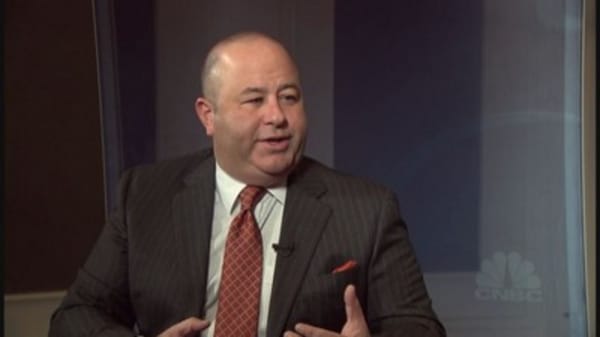When it comes time to choose a financial professional, investors need to arm themselves with as much information as possible.
To that point, it's important to know the difference between a fiduciary standard vs. a suitability standard.
Investment advisors are bound to a fiduciary standard that was established as part of the Investment Advisors Act of 1940, explained Brian Hamburger, founder and CEO of MarketCounsel. These registered investment advisors can be regulated by the Securities and Exchange Commission or state securities regulators, both of which hold advisors to a fiduciary standard that requires them to put their clients' interests above their own.
Meanwhile, broker-dealers only have to fulfill a suitability obligation, which is defined as making recommendations that are consistent with the best interests of the client. The suitability standard only details that the broker-dealer has to reasonably believe that any recommendations made are suitable for clients, in terms of the client's financial needs, objectives and unique circumstances.
Read MoreDoes your advisor have a succession plan?
Hamburger also explained that RIAs may be subject to an SEC examination or inspection, usually for one of three main reasons: routine examination or inspection; because of an investor complaint; or simply a sweep, or industry-wide, examination focusing on a particular area of investment advisor compliance or risk area.
An SEC audit of an advisory firm does not always signal a red flag, said Hamburger, who stressed that all SEC interventions are for investor protection.





